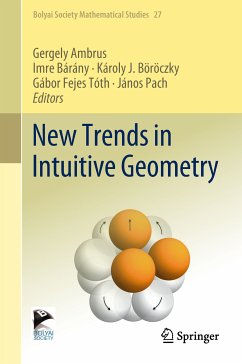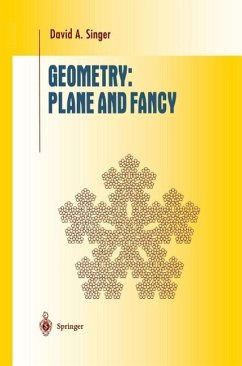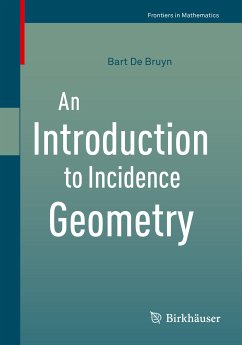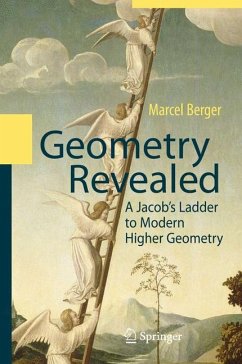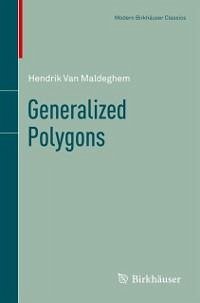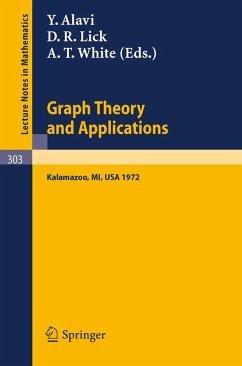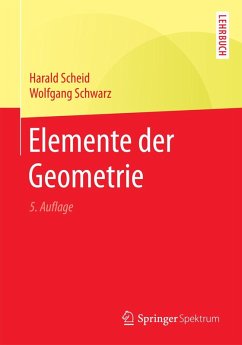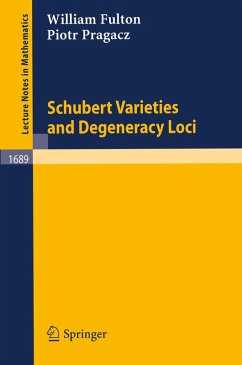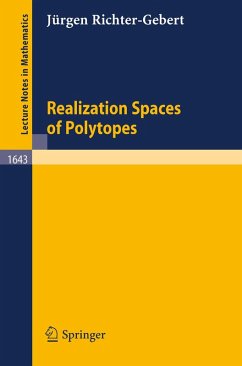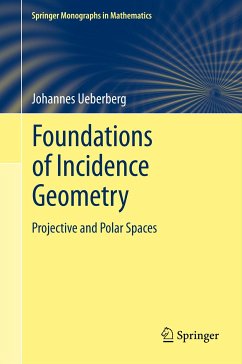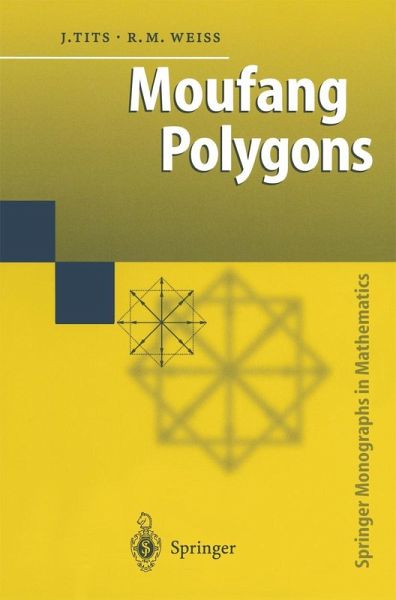
Moufang Polygons (eBook, PDF)
Versandkostenfrei!
Sofort per Download lieferbar
72,95 €
inkl. MwSt.
Weitere Ausgaben:

PAYBACK Punkte
36 °P sammeln!
Spherical buildings are certain combinatorial simplicial complexes intro duced, at first in the language of "incidence geometries," to provide a sys tematic geometric interpretation of the exceptional complex Lie groups. (The definition of a building in terms of chamber systems and definitions of the various related notions used in this introduction such as "thick," "residue," "rank," "spherical," etc. are given in Chapter 39. ) Via the notion of a BN-pair, the theory turned out to apply to simple algebraic groups over an arbitrary field. More precisely, to any absolutely simple algebraic grou...
Spherical buildings are certain combinatorial simplicial complexes intro duced, at first in the language of "incidence geometries," to provide a sys tematic geometric interpretation of the exceptional complex Lie groups. (The definition of a building in terms of chamber systems and definitions of the various related notions used in this introduction such as "thick," "residue," "rank," "spherical," etc. are given in Chapter 39. ) Via the notion of a BN-pair, the theory turned out to apply to simple algebraic groups over an arbitrary field. More precisely, to any absolutely simple algebraic group of positive rela tive rank £ is associated a thick irreducible spherical building of the same rank (these are the algebraic spherical buildings) and the main result of Buildings of Spherical Type and Finite BN-Pairs [101] is that the converse, for £ ::::: 3, is almost true: (1. 1) Theorem. Every thick irreducible spherical building of rank at least three is classical, algebraic' or mixed. Classical buildings are those defined in terms of the geometry of a classical group (e. g. unitary, orthogonal, etc. of finite Witt index or linear of finite dimension) over an arbitrary field or skew-field. (These are not algebraic if, for instance, the skew-field is of infinite dimension over its center. ) Mixed buildings are more exotic; they are related to groups which are in some sense algebraic groups defined over a pair of fields k and K of characteristic p, where KP eke K and p is two or (in one case) three.
Dieser Download kann aus rechtlichen Gründen nur mit Rechnungsadresse in A, B, BG, CY, CZ, D, DK, EW, E, FIN, F, GR, HR, H, IRL, I, LT, L, LR, M, NL, PL, P, R, S, SLO, SK ausgeliefert werden.



